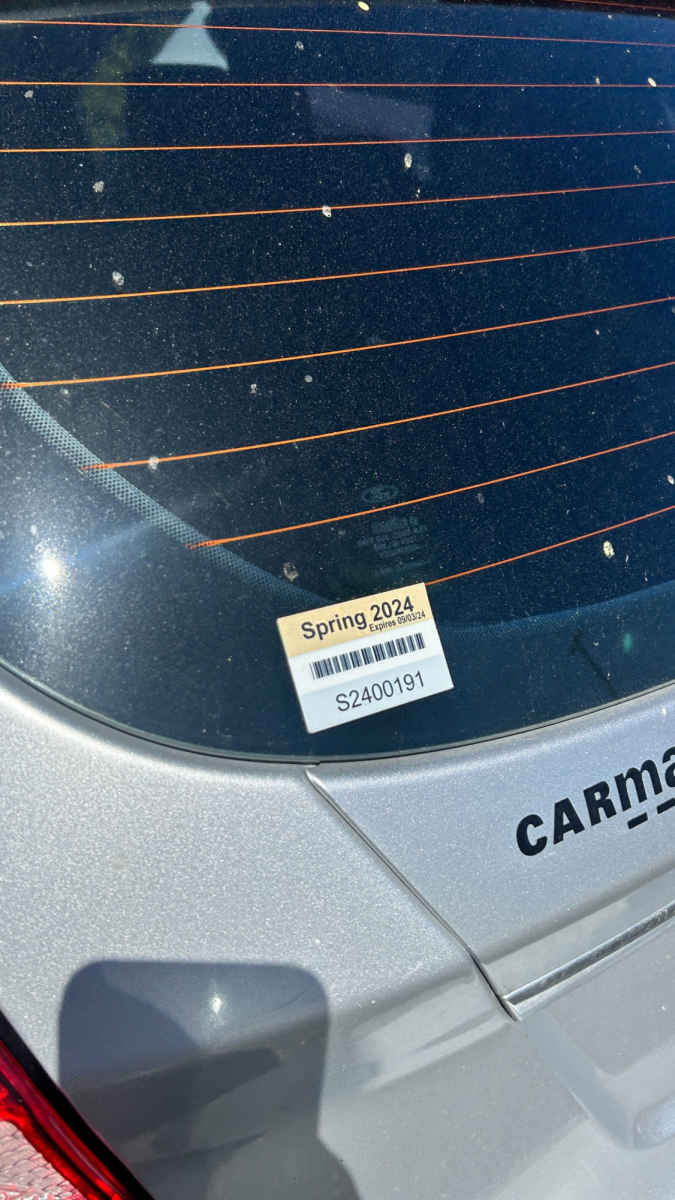Senators act as an integral part of Biola’s residential life and offer a personal touch to Biola’s policies.
previously considered amount
Recent approved proposals integrating expensive iPads as the new voting medium at first sounds like a great idea. But with a closer look into the costs and the ripple effects iPads would have on the senators jobs, is the cost of the iPads worth it?
This passed proposal advocates for senators to receive iPad 4s or 2s, depending on what SGA decides will most likely fit within their electronics budget. The proposed calculated cost for 13 iPad 2s was $1,562.51. This is the final price when an Apple discount is applied plus the technology budget. The more recent model, iPad 4, cost $2,977.64. The final cost the senators passed was $3,893.09, which was for a total of 15 iPad 4s, all with cases and engravings. In total, $5,693.09 was put toward the iPads, $1,800 from the original budget and $3,893.09 from contingency. These final costs are very steep.
The technology budget of $1,800 was approved in December following discussions to buy a new computer, but by purchasing the iPads, SGA ignored their previously considered amount and exceeded it three times their original budgeted amount. The cost of the iPads remains almost the same cost as housing in a dorm for one year. Having expensive proposals that ultimately cost SGA more than the $1,800 technology budget allows is a voting initiative that should not be taken lightly by students.
a more cost effective method
Funds for the new scholarship program put in place by vice president of marketing and communications Samuel Jackson, came from contingency. This proposal seems much more justified because of where the money goes. Students are the backbone to Biola and scholarships represent one of the most admirable things to give to students.
Even though iPads are being used for easier communication between senators and students, a more cost effective method could be found. Each iPad 4 case costs $13 a piece. Students should question whether this extra cost is necessary. Furthermore, even though SGA previously had two iPads that were used for elections and rounds, the senate passed the two new iPads to replace the older iPads, which were fully functional.
From every student’s tuition, a student fee of $120 is distributed, 25 percent to the Student Missionary Union and 75 percent to SGA. Of the total that goes to SGA, 20 percent is kept for the SGA budget and their contingency, a fund that rolls over every semester. Contingency is generally used for student initiatives proposed to the senate. Ultimately, this iPad proposal benefits SGA senators, while many other previous proposals from student leaders on campus actually directly benefit students.
The Chimes contacted Graham Gantzer, vice president of finance, technology and HR, for a phone interview regarding his proposal for the iPad purchase and has yet to receive a response.
focus on needs of students
Approving high cost items such as these 15 iPad Mini 4s is not respecting the budget that they had previously agreed amount. The reason a technology budget is in place is to account for necessary purchases, but the iPads exceed their designated budget. This creates concern for whether there should even be a budget if it will be exceeded by thousands of dollars later on through voting. Although I know SGA proposed the acquisition for the sake of increasing efficiency and accuracy in data from student input and to hold senators accountable in communicating with students, I still believe SGA needs to forgo this luxury and focus on other needs for Biola’s students.






